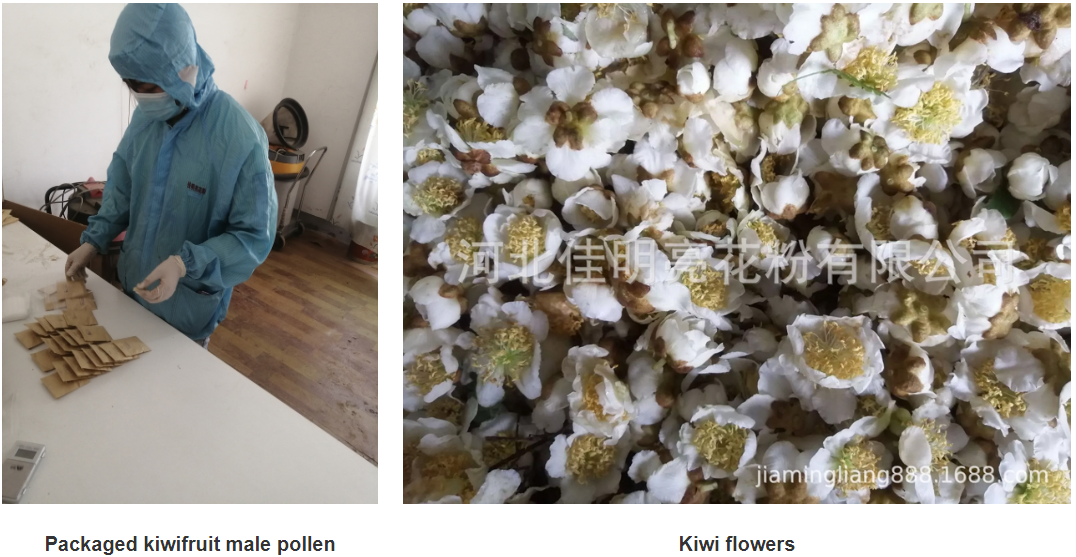Jul . 29, 2024 22:46 Back to list
Unexpected Advantages of High-Quality Pollination for Apple Production and Its Economic Impact
The Unexpected Benefits of High-Quality Pollination for Apple Cultivation
Pollination is a pivotal process in the lifecycle of flowering plants, enabling the transfer of pollen from male to female structures and facilitating fruit development. In apple cultivation, high-quality pollination stands out as a critical element that not only determines the yield and quality of the fruit but also offers a host of unexpected benefits that extend beyond mere production. This article delves into the multifaceted advantages of high-quality pollination in apples, highlighting its impact on agriculture, ecosystems, and food production.
To begin with, high-quality pollination significantly enhances the yield and quality of apples. When bees and other pollinators efficiently transfer pollen among blossoms, the fertilization process is optimized, leading to better fruit set. Studies have shown that apple trees receiving ample and effective pollination produce larger, more uniform, and more flavorful fruit. The aesthetic appeal and taste of apples can be directly correlated to the quality of pollination they received, ultimately influencing consumer preference and market value. As a result, farmers who prioritize pollinator health and manage their orchards to attract these beneficial insects are likely to see an increase in both profitability and sustainability.
Moreover, high-quality pollination has ecological benefits that resonate throughout the ecosystem. Pollinators, primarily bees, play a crucial role in maintaining biodiversity. By facilitating the reproduction of various flowering plants, they contribute to the overall health of ecosystems. An increase in apple orchards can support local bee populations, providing them with a reliable food source during peak blooming seasons. This not only helps in the cultivation of apples but also promotes the health of surrounding ecosystems, which rely on a diverse range of plants for food and habitat.
high quality pollination can bring unexpected benefits to apples

Additionally, high-quality pollination helps mitigate the risks associated with monoculture practices prevalent in modern agriculture. The cultivation of a single crop, such as apples, can lead to vulnerabilities in plant health and productivity. By maintaining diverse pollinator populations and ensuring their access to various blooms, farmers can enhance the resilience of their apple orchards against pests and diseases. Healthy pollinator populations can provide natural pest control, reducing the need for chemical interventions and promoting a more sustainable farming approach.
The role of high-quality pollination goes beyond mere agricultural output; it also has implications for food security. Apples are a staple fruit in many diets around the world, known for their nutritional benefits and versatility. By improving the quality and quantity of apple production through effective pollination, we are better positioned to feed a growing global population. High-quality apples can contribute to better nutrition, providing essential vitamins, fiber, and antioxidants, thus playing a vital role in public health.
Lastly, the relationship between high-quality pollination and human activity cannot be overlooked. As awareness grows regarding the declining populations of pollinators due to habitat loss, pesticides, and climate change, it becomes imperative for agricultural practices to adapt and evolve. Encouraging pollinator-friendly practices, such as planting wildflowers, reducing pesticide usage, and implementing sustainable farming techniques, not only benefits apple growers through improved yields but also fosters a healthy ecosystem for future generations.
In conclusion, the advantages of high-quality pollination in apple cultivation extend well beyond immediate agricultural yields. By enhancing fruit quality, supporting biodiversity, promoting ecological resilience, aiding food security, and fostering sustainable farming practices, effective pollination plays a crucial role in shaping the future of both agriculture and the environment. Preserving and protecting our pollinator populations is not just an agricultural challenge; it is a commitment to safeguarding our ecosystems and ensuring food security for years to come. As we continue to explore and understand the integral role of pollination, embracing practices that support pollinators will lead us to unexpected benefits in apple cultivation and beyond.
-
Premium Cherry Pollen for Pure Pollination & Different Types
NewsJul.30,2025
-
Artificial Pollination Solutions for Various Plant Pollen Types
NewsJul.29,2025
-
Artificial Pollination Solutions for All Plant Pollen Types
NewsJul.29,2025
-
Premium Plant Pollen for Pure Pollination & Pollen Block Solutions
NewsJul.29,2025
-
Artificial Pollination Solutions for Efficient Crop Yields
NewsJul.28,2025
-
Premium Cherry Pollen for Pure Pollination & Different Types of Pollen
NewsJul.28,2025